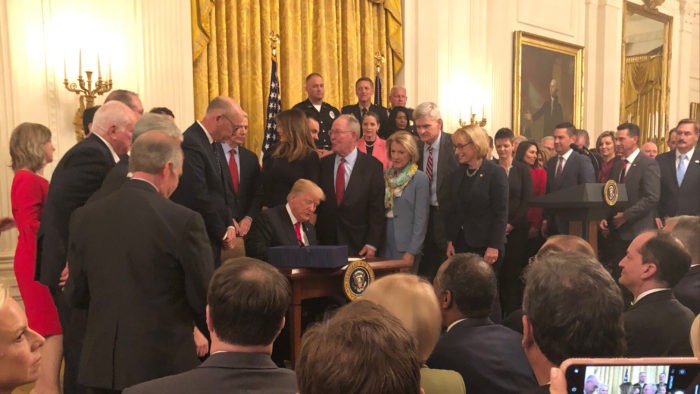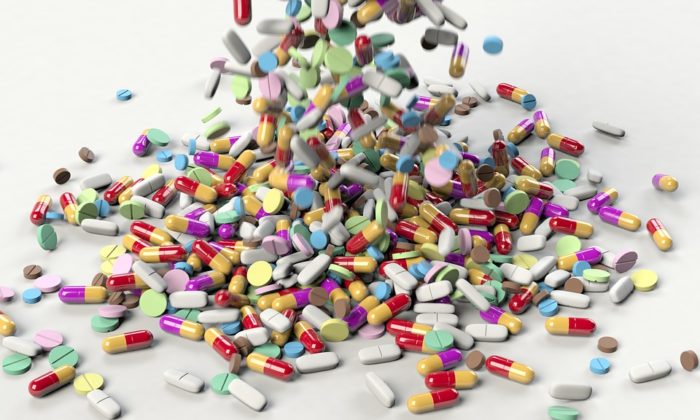Pain Needs A New Approach Not A Pill

We are a society looking for solutions in a pill.
We want a pill to end our anxieties, to address every single ache and pain we feel in our bodies. And we want it now! We are a country that insists on instant gratification. That insistence has led us into one of the most dangerous epidemics in history. The opioid epidemic.
More than 120 people die every single day from opioid overdoses.
Some of these deaths are accidental and some are intentional. Many of those who die as a result of opioids are our young people. Pain relief does not come in pill form. There are so many other ways to address the pain that we humans are subject to.
An addiction to opioids starts out innocently enough. Perhaps you have to have a surgery and the doctor prescribes pain pills to help you through the healing phase. But then, you feel so good on the pain pills that you convince your doctor you are still in tremendous pain and he or she gives you another prescription. That’s one way the addiction begins. Another way especially among our children is when they go looking for pills in their parents’ medicine cabinet. They find unused pills and start taking them.
If the medical establishment were not so quick to reach for the prescription pad and would prescribe chiropractic, physical therapy, yoga, meditation and other non-pharmacological solutions, we could begin to eliminate the addiction.
I know that pain is difficult to bear, but we as a society must be stronger and tell our doctors we don’t want pain pills.
The pain won’t kill you, but the pill will. Ask for another solution. Ask for a prescription for chiropractic, yoga classes, massage. There is another way. It could save your life or the life of a child.
If you, or someone you love is dependent or addicted to opioid drugs, please seek help before it’s too late. If you would like to learn more about the Opioid Crisis as it relates to awareness, prevention and treatment or schedule a corporate or organization seminar contact us at DrJohnRosa.com. Here you will learn how to connect you, your company or organization with the leading experts on the crisis and how to help your community stay safe.


